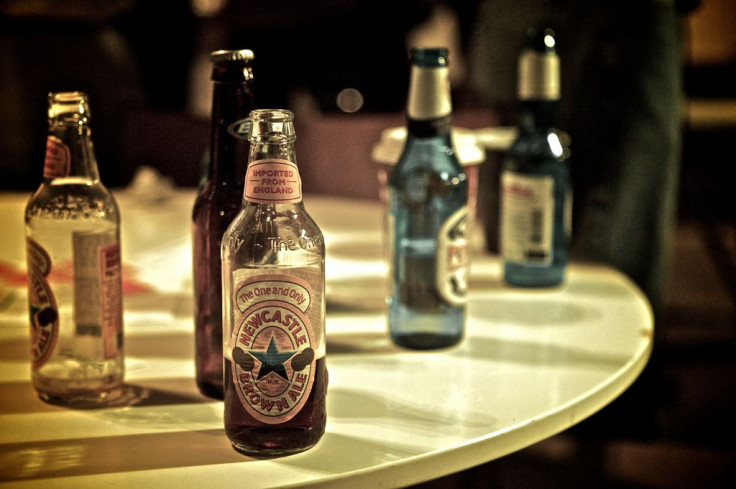How To Stop Drinking Alcohol Every Once In A While: Advice From Former Problem Drinkers

One of the biggest obstacles for people recovering from a problem with drugs or alcohol is assimilating back into their everyday life. Depending on their line of work and location, a lot people who have struggled with alcohol dependence often face temptation once they’re sober. A recent study published in Health Communication examines how former problem drinkers deal with a situation involving alcohol when they become sober.
"The findings tell us that former problem drinkers can find it tricky to navigate social situations where alcohol is involved, and makes clear it's important to support those who aren't drinking and not push non-drinkers to disclose their reasons for not having a drink," said Lynsey Romo, lead author of a paper on the work and an assistant professor of communication at North Carolina State University, in a statement.
Romo and her colleagues interviewed 11 former problem drinkers with one to 19 years of sobriety under their belt. Their research was part of a larger study examining how any non-drinker deals with a situation that requires them to be close to alcohol. The majority of former problem drinkers said they would make it a point to let everyone know it was acceptable to drink around them.
Participants with longer periods of sobriety had an easier time being open about their history of problem drinking. They were more likely to do so if they felt it would get them out of a situation that threatened their sobriety or if it would help someone else struggling with addiction. Some would cite health problems or a medication they were taking when asked if they wanted an alcoholic beverage.
Other participants with fewer years of sobriety said they would try to avoid the issue altogether by “passing” as a drinker. They would accomplish this by either holding a cup that doesn’t contain alcohol or by turning down drink offers without giving a reason. To help lighten the mood and divert the conversation, some reported using humor to diffuse the situation.
"We found that former problem drinkers still want to be social, of course, but that they had to find ways to determine whether to disclose their non-drinking status to others," Romo added. "Study participants said they felt the need to weigh how much they should tell other people. Essentially, they assessed the risk of being socially stigmatized if they were open about not drinking or about being in recovery."
According to the National Institute on Alcohol Abuse and Alcoholism, more than 700,000 people in the United States receive treatment for alcohol addiction in either an inpatient or outpatient facility each day. Deciding what to do after their treatment becomes less hands-on and is an integral part of ensuring their long-term sobriety.
Source: Dinsmore D, Watterson T, Romo L, et al. ‘Coming out' as an alcoholic: how former problem drinkers negotiate disclosure of their nondrinking identity. Health Communication. 2015.



























